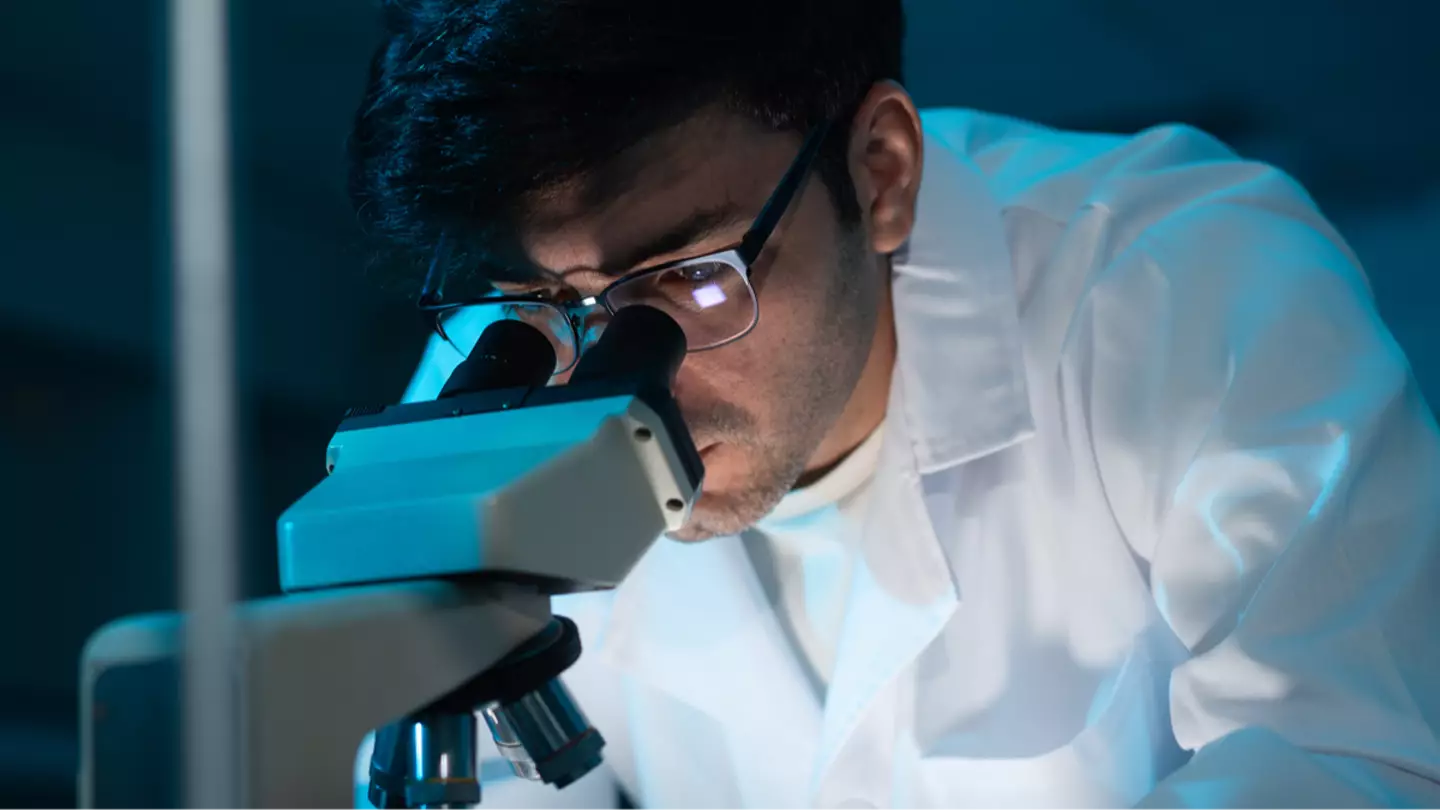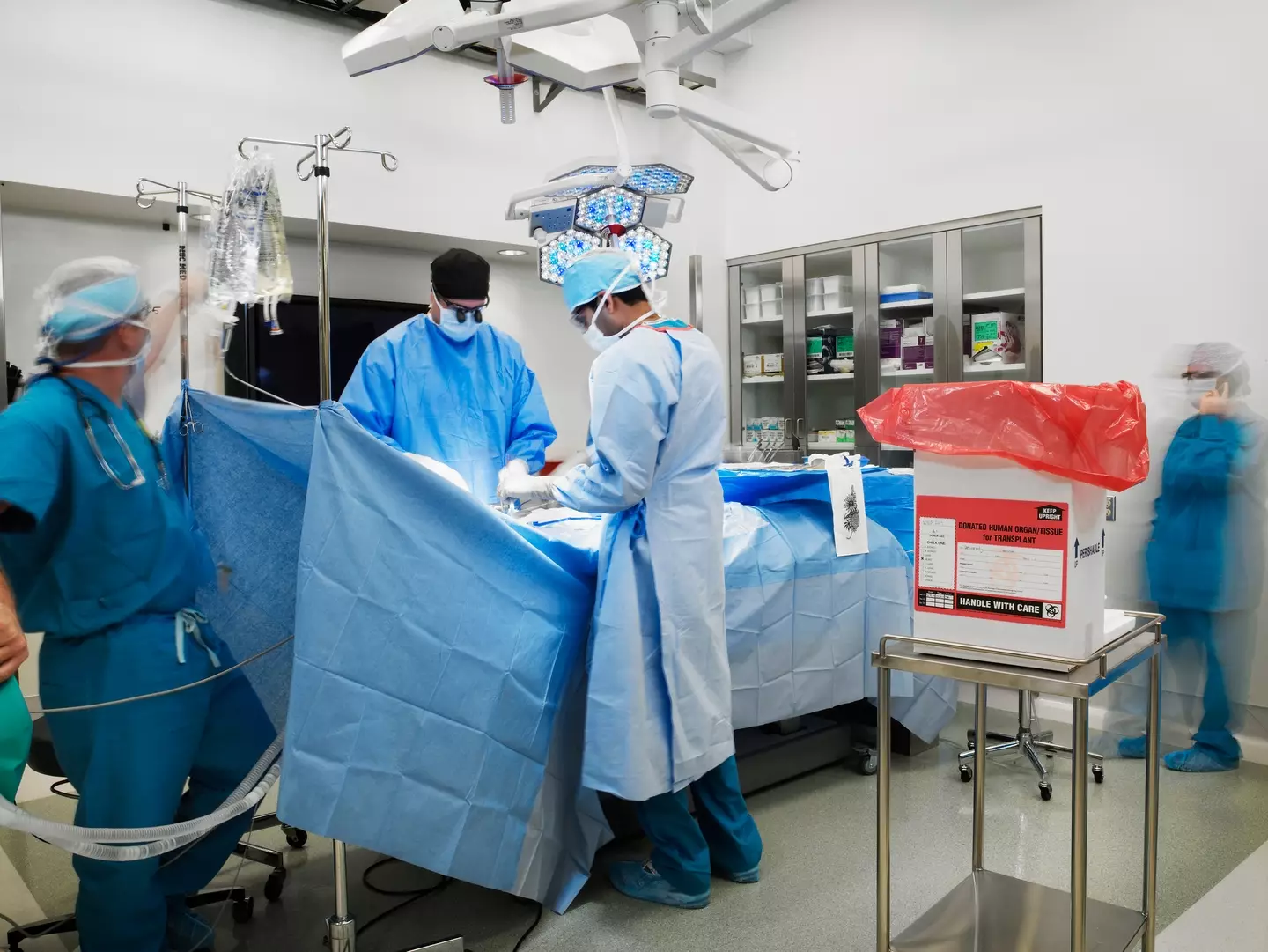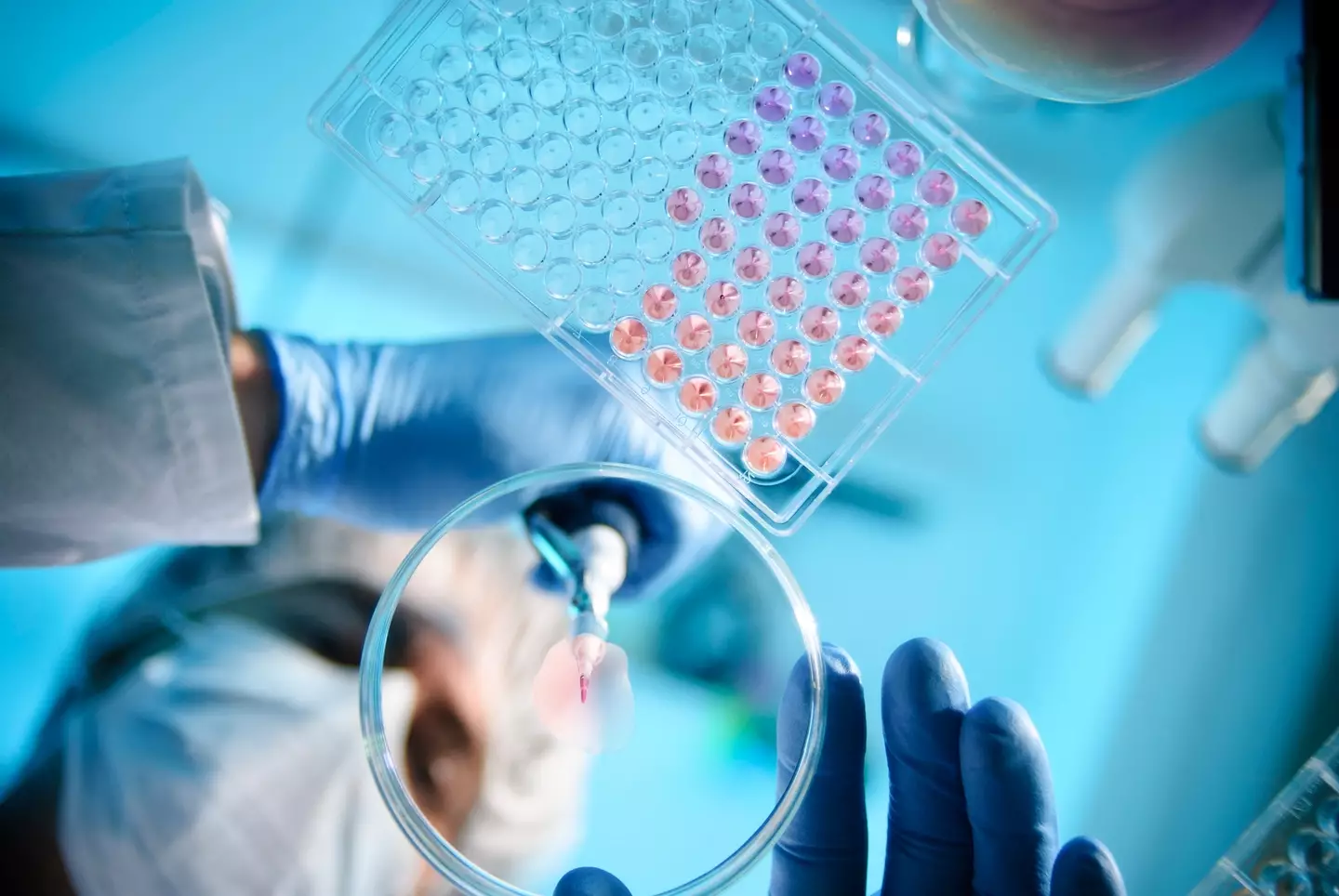
Topics: Health, Science, US News, World News, Technology

Topics: Health, Science, US News, World News, Technology
A scientific advancement that once seemed beyond the realms of possibility could actually be in reach - and has the power to 'change humanity forever.'
The 21st century has been an era of remarkable medical advancements, from vaccine breakthroughs to genetic engineering and better treatments that improve, prolong or save countless lives from conditions like HIV, cancer and heart disease.
The healthcare sector is showing no signs of slowing down either, with the likes of 3D printing, artificial intelligence and other technologies presenting an absolute game-changer.
However, there's one aspect that people say is being vastly overlooked that has the potential to drastically change the world as we know it.
Advert
An estimated 100,000 people in the US are on the waiting list for an organ transplant and tragically, around 13 people die a day while waiting for one.

The US Organ Donation and Transplantation System (UNOS) says this figure is 'unacceptably high' and, to make matters worse, more than 28,000 donated organs go unused 'because of inherent inefficiencies in the system.'
So wouldn't it be great to bypass these apparent complications involved with human donors by, say, growing our own from a lab?
Well, that's actually been a goal of the medical field for years as lab-grown organs would solve the transplant crisis, save lives and potentially cut healthcare costs for both service providers and patients.
And despite popular belief, science is actually on the verge of developing it.
Researchers from US San Francisco and Cedars-Sinai announced they had developed a new way to prompt stem cells to create specific organs, presenting a very real possibility of growing human organs from scratch.
The scientists said they found a few 'organizer' cells can be programmed to provoke other stem cells into forming organ-like structures, including one that can contract like a beating human heart and even has a cavity that resembles a heart ventricle.

“To build organs, we need to understand the rules behind their natural development,” Wendell Lim, PhD, a professor of cellular and molecular pharmacology at UCSF said. "We wrote our own simple developmental programs from scratch, which we think could lead to more effective ways to repair and regenerate the body.”
"These engineered ‘organizer’ cells could someday enable us to repair and replace organs in the patients that need it.”
And according to Wired, lab-grown epidermis - the outermost layer of skin - is already in use to help burn victims.
Meanwhile, just five years ago, Boston Children's Hospital started using human stem cells to grow the thickness of skin, rather than just the epidermis, paving the way to treat other skin-related diseases and injuries.
Redditors said the creation of lab-grown organs would revolutionize the medical field.
"Removing the transplant wait isn't even the great thing. It'll be having replacement organs your immune system doesn't want to destroy," one said, as another added: "This, no more pills for the rest of your life."